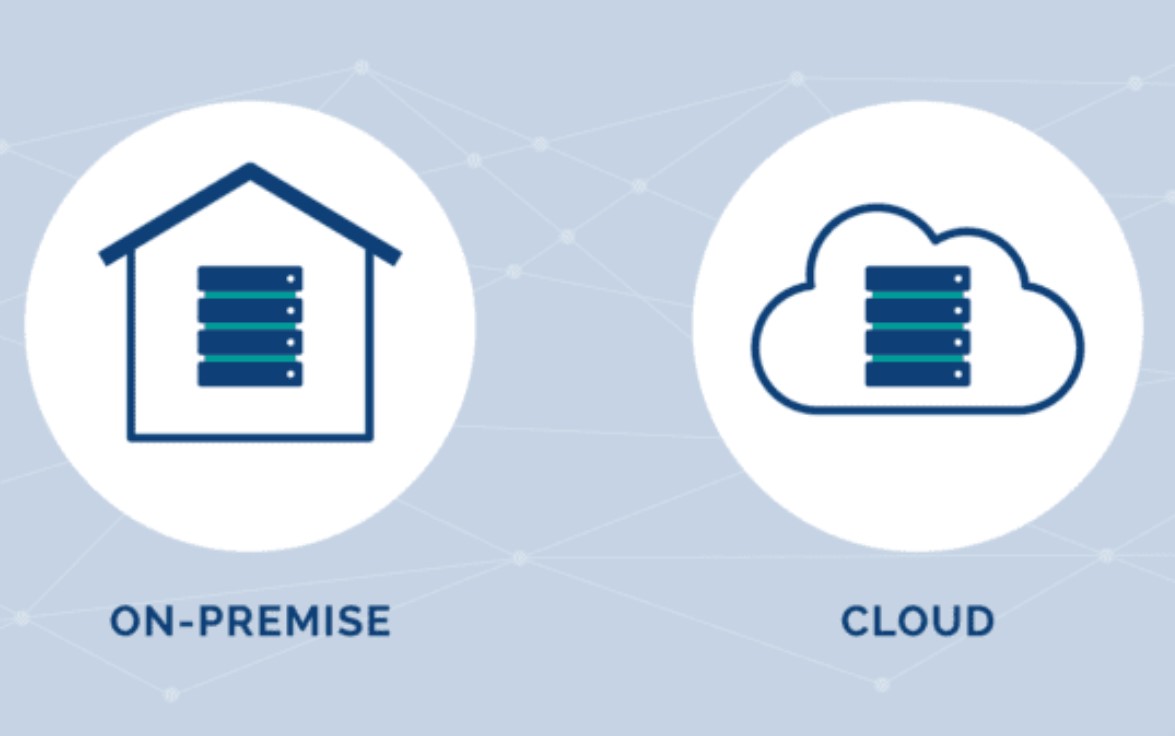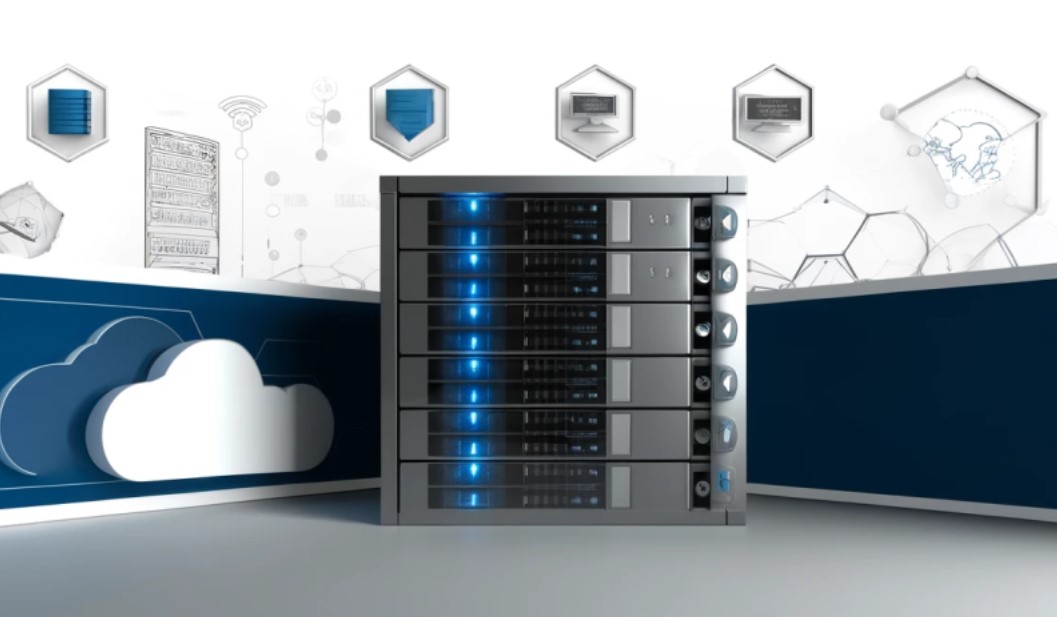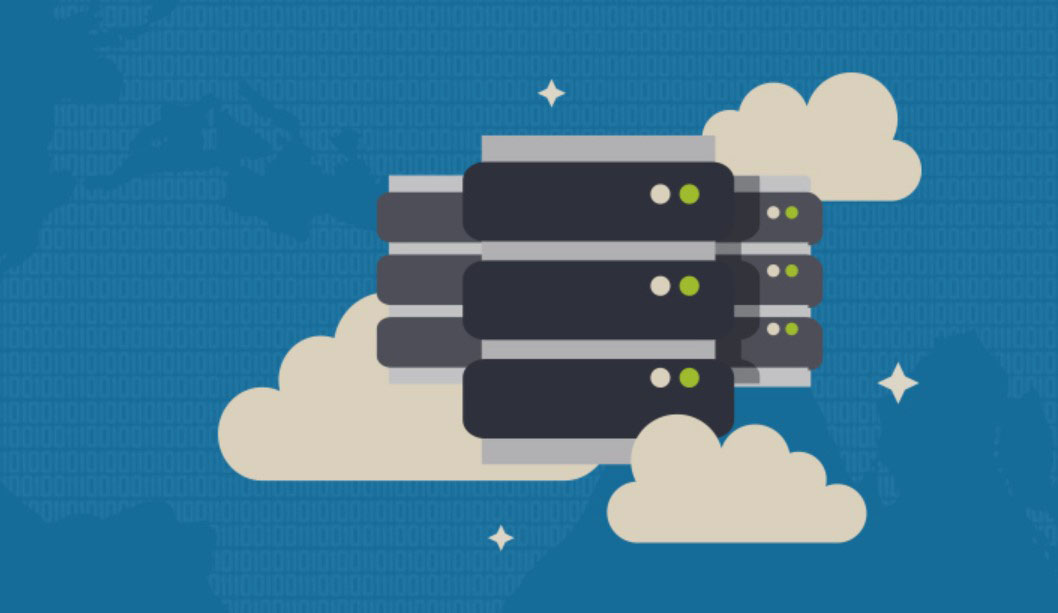
In today’s fast-paced business environment, customer relationship management (CRM) is more critical than ever. A cloud-based CRM system offers a powerful solution to manage customer interactions, streamline processes, and improve profitability. But why does your business need one? This comprehensive guide will explore the benefits, real-world examples, and essential information about cloud-based CRM systems to help you make an informed decision.
What is a Cloud-Based CRM System?

In the modern business landscape, managing customer relationships effectively is crucial for success. A Cloud-Based Customer Relationship Management (CRM) system is a powerful tool designed to help businesses achieve this goal. Unlike traditional CRM systems that are hosted on a company’s own servers, a cloud-based CRM is hosted on the internet, allowing access from anywhere, at any time. This setup offers unparalleled flexibility, scalability, and efficiency, making it an essential component for businesses of all sizes. Let’s delve deeper into what a cloud-based CRM system is, how it works, and the benefits it provides.
Understanding Cloud-Based CRM Systems
1. The Basics of Cloud-Based CRM
A cloud-based CRM system is a software platform that stores and manages all customer-related information on remote servers, accessible through the internet. This system helps businesses manage interactions with current and potential customers, streamline processes, and improve profitability. The “cloud” in cloud-based CRM refers to the internet-based servers where the CRM software and data are hosted.
2. How Cloud-Based CRM Systems Work
Remote Hosting
In a cloud-based CRM, the software and data are hosted on the servers of a third-party service provider. This provider is responsible for maintaining the servers, ensuring security, and updating the software. Users access the CRM system through a web browser or a dedicated mobile app, connecting to the internet.
Data Storage and Access
All customer data, including contact information, communication history, and transaction records, are stored in the cloud. This centralized storage allows for real-time access and updates, ensuring that all team members have the most current information. The cloud infrastructure also provides robust backup and disaster recovery solutions, ensuring data integrity and availability.
Key Features of Cloud-Based CRM Systems
1. Accessibility and Mobility
Cloud-based CRM systems can be accessed from any device with an internet connection, including desktops, laptops, tablets, and smartphones. This accessibility enables employees to work from anywhere, promoting remote work and on-the-go productivity.
2. Scalability
Cloud-based CRMs offer scalable solutions that can grow with your business. Whether you need to add more users, increase storage capacity, or incorporate additional features, cloud-based systems can easily scale to meet your changing needs.
3. Integration
These systems are designed to integrate seamlessly with other cloud-based applications and tools, such as email clients, marketing automation platforms, and e-commerce systems. This integration ensures a cohesive and efficient workflow, reducing manual data entry and improving data accuracy.
4. Security
Cloud-based CRM providers implement advanced security measures to protect customer data. These measures include data encryption, multi-factor authentication, regular security audits, and compliance with industry standards like GDPR and HIPAA. This level of security ensures that sensitive customer information is safeguarded against unauthorized access and breaches.
Detailed Explanation of Cloud-Based CRM Components
Cloud Infrastructure
The cloud infrastructure is the backbone of a cloud-based CRM system. It includes the servers, storage, and networking components that host the CRM software and data. Cloud providers like Amazon Web Services (AWS), Microsoft Azure, and Google Cloud Platform offer robust and reliable infrastructure for CRM systems.
Software as a Service (SaaS)
Cloud-based CRM systems are typically delivered as Software as a Service (SaaS). This delivery model allows businesses to access CRM software via the internet without the need for installation or maintenance. SaaS providers handle all updates, patches, and technical support, ensuring the software is always up-to-date and functioning optimally.
Data Security and Compliance
Data security is a critical component of cloud-based CRM systems. Providers implement multiple layers of security, including physical security of data centers, network security through firewalls and intrusion detection systems, and data security with encryption and access controls. Compliance with regulations such as GDPR, HIPAA, and CCPA ensures that customer data is handled responsibly and legally.
Benefits of a Cloud-Based CRM System for Your Business

1. Improved Accessibility and Mobility
A significant advantage of cloud-based CRM systems is their accessibility. Employees can access the CRM data from anywhere, whether they are in the office, working remotely, or traveling. This mobility enhances productivity by ensuring that critical information is always at hand.
2. Enhanced Collaboration
Cloud-based CRM systems facilitate better collaboration among team members. Since all data is stored in the cloud and updated in real-time, all team members can access the latest information simultaneously. This real-time access makes it easier to work together on projects, share insights, and make informed decisions.
3. Scalability and Flexibility
As your business grows, your CRM needs will change. Cloud-based CRM systems offer the scalability to adjust resources according to your business requirements. Whether you need more storage, additional features, or support for more users, a cloud-based CRM can adapt to your needs without significant downtime or disruption.
4. Cost-Effective Solution
Cloud-based CRM systems eliminate the need for expensive hardware, maintenance, and IT personnel. Most cloud-based CRM providers offer subscription-based pricing, allowing you to choose a plan that fits your budget and only pay for the resources you use. This cost-effectiveness makes cloud-based CRMs accessible to businesses of all sizes.
5. Robust Security
Security is a top priority for cloud-based CRM providers. These systems offer advanced security features to protect your sensitive data, including encryption, multi-factor authentication, and regular backups. By leveraging these security measures, businesses can ensure their customer data is safe from unauthorized access and cyber threats.
Real-World Examples of Cloud-Based CRM Systems

1. Salesforce
Features:
- Comprehensive CRM functionality with sales, service, marketing, and commerce tools.
- Customizable dashboards and reports.
- AI-powered insights with Salesforce Einstein.
- Extensive integration options with third-party applications.
2. HubSpot CRM
Features:
- Free CRM platform with essential tools for sales, marketing, and customer service.
- Email tracking, deal pipeline management, and contact management.
- Seamless integration with HubSpot’s marketing, sales, and service hubs.
- User-friendly interface and robust support resources.
3. Zoho CRM
Features:
- Multichannel communication tools (email, social media, live chat).
- AI-powered sales assistant, Zia, for insights and predictions.
- Customizable workflows and automation.
- Integration with Zoho’s suite of business applications.
4. Microsoft Dynamics 365
Features:
- Unified CRM and ERP capabilities.
- AI-driven insights and analytics.
- Seamless integration with Microsoft Office 365 and other Microsoft products.
- Highly customizable to fit specific business needs.
5. Pipedrive
Features:
- Visual sales pipeline and deal tracking.
- Customizable fields, stages, and sales processes.
- Automation and AI-powered sales assistant.
- Integration with popular apps and tools like Google Workspace and Trello.
Comparison Table of Cloud-Based CRM Systems
| CRM System | Use Case | Pros | Cons | Price | Features |
|---|---|---|---|---|---|
| Salesforce | Large enterprises, diverse needs | Comprehensive features, highly customizable | High cost | From $25/user/month | AI insights, extensive integrations, customizable dashboards |
| HubSpot CRM | Startups, small to medium businesses | Free version, user-friendly interface | Limited advanced features in free version | Free to $50/user/month | Email tracking, deal management, seamless HubSpot integration |
| Zoho CRM | Small to medium businesses | Affordable, AI-powered tools | Interface can be overwhelming | From $12/user/month | Multichannel communication, customizable workflows, automation |
| Microsoft Dynamics 365 | Enterprises, complex needs | Unified CRM and ERP, powerful analytics | Requires expertise to set up | From $65/user/month | AI-driven insights, seamless Microsoft integration |
| Pipedrive | Sales-focused businesses | Visual sales pipeline, easy to use | Limited marketing features | From $15/user/month | Customizable fields, automation, integrations with popular apps |
Detailed Analysis of Each Product
1. Salesforce
Salesforce is one of the most comprehensive and widely used cloud-based CRM systems available. It offers a wide range of features tailored to sales, service, marketing, and commerce, making it suitable for large enterprises with diverse needs.
Benefits:
- Customization: Highly customizable to fit any business model and workflow.
- AI-Powered Insights: Salesforce Einstein provides AI-driven insights and analytics to enhance decision-making.
- Integration: Extensive integration options with third-party applications and services.
Transactional Information:
- Pricing: Starts from $25/user/month for the Essentials plan. Higher-tier plans offer more advanced features.
- Where to Buy: Visit Salesforce’s website to explore plans and purchase.
2. HubSpot CRM
HubSpot CRM is an excellent choice for startups and small to medium-sized businesses. It offers a robust free version that includes essential CRM features, with the option to upgrade for more advanced tools.
Benefits:
- Cost-Effective: Free version available, with affordable paid plans.
- User-Friendly: Intuitive interface and easy to set up.
- Integration: Seamlessly integrates with HubSpot’s marketing, sales, and service hubs.
Transactional Information:
- Pricing: Free to $50/user/month for the premium plans.
- Where to Buy: Visit HubSpot’s website to get started for free or upgrade to premium plans.
3. Zoho CRM
Zoho CRM is known for its affordability and powerful AI tools. It offers multichannel communication and customizable workflows, making it ideal for small to medium-sized businesses.
Benefits:
- AI-Powered Tools: Zia, the AI assistant, provides insights and predictions.
- Customization: Highly customizable workflows and automation.
- Integration: Integrates with Zoho’s suite of business applications and third-party apps.
Transactional Information:
- Pricing: Starts from $12/user/month.
- Where to Buy: Visit Zoho CRM’s website to explore plans and sign up.
4. Microsoft Dynamics 365
Microsoft Dynamics 365 combines CRM and ERP capabilities, providing a unified platform for enterprises with complex needs. It offers AI-driven insights and seamless integration with Microsoft products.
Benefits:
- Unified Platform: Combines CRM and ERP for comprehensive business management.
- AI Insights: Powerful AI-driven analytics and insights.
- Integration: Seamless integration with Microsoft Office 365 and other Microsoft products.
Transactional Information:
- Pricing: Starts from $65/user/month.
- Where to Buy: Visit Microsoft Dynamics 365’s website to explore plans and purchase.
5. Pipedrive
Pipedrive is designed for sales-focused businesses, offering a visual sales pipeline and easy-to-use interface. It provides customizable fields and automation to streamline sales processes.
Benefits:
- Sales Focused: Designed specifically for managing sales pipelines and processes.
- Ease of Use: User-friendly interface with visual sales tracking.
- Customization: Customizable fields, stages, and automation.
Transactional Information:
- Pricing: Starts from $15/user/month.
- Where to Buy: Visit Pipedrive’s website to explore plans and sign up.
Use Cases and Solutions
Common Problems Solved by Cloud-Based CRM Systems
- Accessibility: Access CRM data from anywhere, enhancing productivity and mobility.
- Collaboration: Facilitate real-time collaboration among team members.
- Scalability: Easily scale resources to match business growth.
- Cost Efficiency: Reduce costs associated with hardware, maintenance, and IT personnel.
- Security: Protect sensitive data with advanced security features.
Why Businesses Need Cloud-Based CRM Systems
- Customer Insights: Gain a 360-degree view of customers to personalize interactions and improve customer satisfaction.
- Sales Optimization: Streamline sales processes, track leads, and close deals faster.
- Marketing Efficiency: Automate marketing campaigns, track performance, and improve ROI.
- Service Excellence: Enhance customer service with better case management and support tools.
How to Buy a Cloud-Based CRM System
- Visit the Provider’s Website: Click on the links provided above.
- Choose a Plan: Select a plan that suits your business needs and budget.
- Sign Up: Create an account with the CRM provider.
- Configure Your CRM: Customize your CRM settings according to your requirements.
- Checkout: Complete the purchase process and start using your CRM.
FAQs
1. What is a cloud-based CRM system?
A cloud-based CRM system is a customer relationship management software hosted on the cloud, allowing you to access CRM data from anywhere via the internet.
2. How does a cloud-based CRM improve business operations?
It enhances accessibility, collaboration, scalability, cost-efficiency, and security, leading to better customer management and business growth.
3. Is my data safe with a cloud-based CRM?
Yes, cloud-based CRM systems offer robust security measures, including encryption, multi-factor authentication, and regular backups, to protect your data.
4. Can I integrate a cloud-based CRM with other business tools?
Yes, most cloud-based CRM systems offer seamless integration with various third-party applications and tools.
5. Which cloud-based CRM system is best for my business?
The best system depends on your specific needs and budget. Salesforce, HubSpot CRM, Zoho CRM, Microsoft Dynamics 365, and Pipedrive are all excellent choices with unique features.
Investing in a cloud-based CRM system can significantly enhance your business’s ability to manage customer relationships, streamline operations, and drive growth. By understanding the benefits, features, and options available, you can choose the best CRM solution for your business needs.





